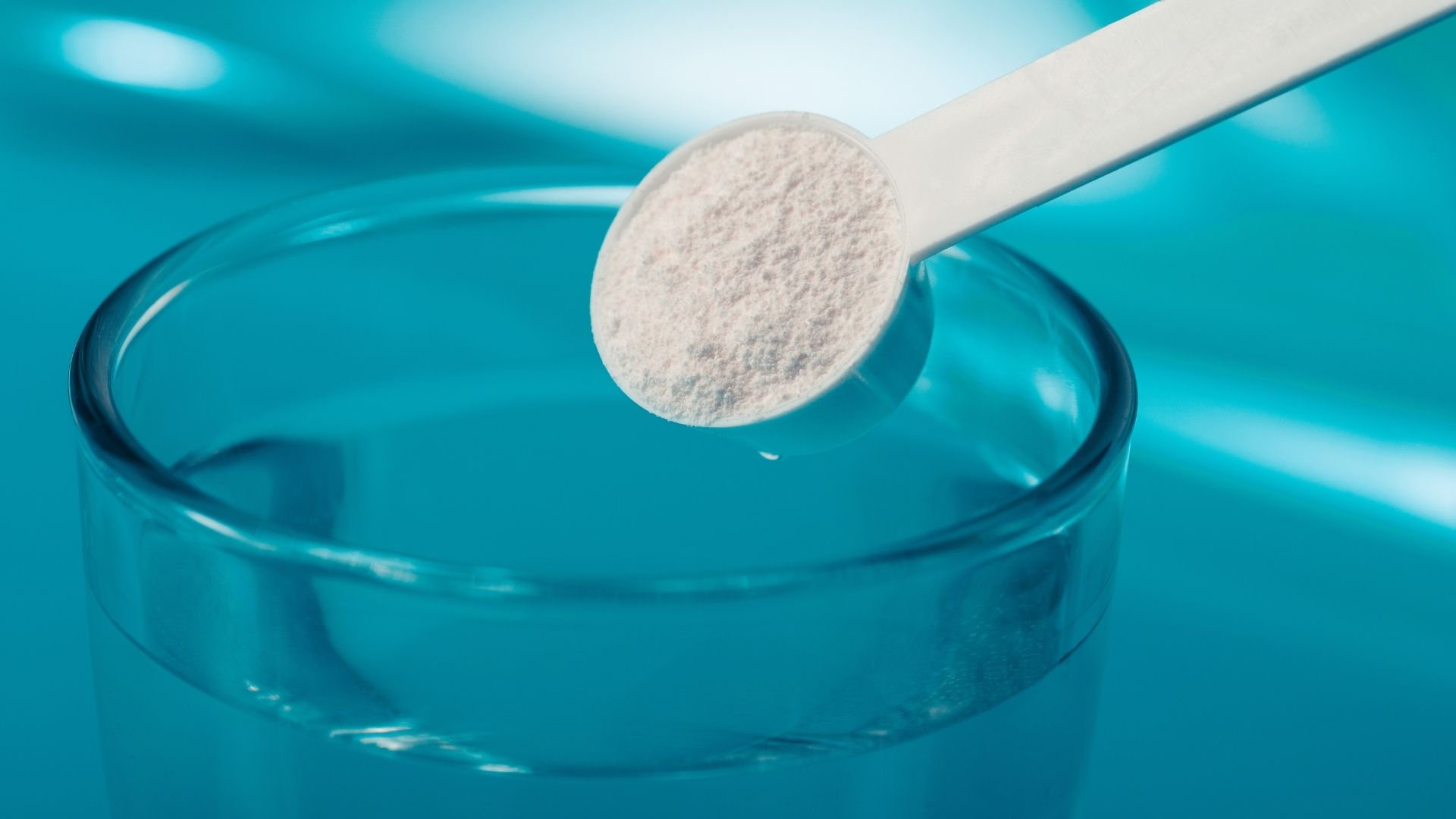In this short article, we will be showing the backed research and studies on creatine usage.
How does creatine help and why do athletes use it?
Your body makes creatine even if you’re not taking a supplement. It is also found in some animal-based protein sources, such as red meat and fish. You have creatine stores in the muscle, but they usually hang out at around 80% capacity.
Thus, the main benefit of taking extra creatine is to push those stores to 100%, giving your body more creatine to work with during your workout and performance.
What do the studies show?
Creatine is known for reliably improving physical performance. Many studies have found that creatine supplementation improves body composition, increases strength, and faster sprint performance. PMID: 28615996
As a result, creatine tends to be popular with rugby players, bodybuilders, strength athletes, and track and field athletes. Less commonly, it has also been marketed as a Testosterone Booster.
Three (3) research studies [randomised controlled trials (RCTs)] get cited to support the notion that creatine may raise testosterone levels.
1st Study
A 2009 study randomised 20 healthy young rugby players into 2 groups. The creatine group took a loading dose (25 g/day) for one week, and then a maintenance dose (5 g/day) for two weeks.
PMID: 19741313
The participants’ testosterone levels did NOT change, neither in the placebo group nor in the creatine group.
However, the creatine group saw a significant 0.12 ng/mL (12 ng/dL) increase in dihydrotestosterone (DHT) – a highly active androgen converted from testosterone.
2nd & 3rd Study
Both studies randomised 20 active, healthy young males into two groups. After taking 20 g/day for 1 week, the creatine group in each study saw a significant increase in testosterone, whereas the placebo group saw no change.
The 2nd study saw a 0.57 ng/mL (57 ng/dL) increase, and the 3rd study a 1.5 ng/mL (150 ng/dL) increase.
The hormonal increases in all 3 studies were statistically significant but SMALL, leaving the participants well within NORMAL ranges.
REFERENCE: (Arazi, et al. 2015 & Vatani, et al. 2011)
What do the other studies say
10 research studies with a total of 218 participants have looked for a creatine-testosterone connection. They lasted from 6 days to 10 weeks and used daily creatine doses ranging from 3 to 25 g.
The 10 studies reported that creatine had NO EFFECT on testosterone levels.
9 out of the 10 studies used creatine monohydrate
the remaining 1 gave creatine malate
Participants in the studies included active males, trained males, untrained males, rugby players, football players, runners and sprinters.
References
PMID: 21324203, 24633488, 12945829, 17136944, 11252073, 14685870, 25804393, DOI: 10.4314/sajrs.v32i2.59293, hrcak.srce.hr/54239 Volek, et al. 1997 Vol. 11 – Issue 3 – p 182-187
Conclusion
3 studies hinted at the potential testosterone- or DHT-boosting effect from creatine.
10 others showed NO effect.
Creatine supplementation enhances exercise performance, but most studies show that it has NO direct effect on testosterone levels.
Next steps
- Creatine has NO DIRECT effect on testosterone but is likely INDIRECT.
- Supplementing creatine helps to maximise your body’s muscle stores and increase energy production during a workout.
- Having more power and more endurance leads to more testosterone production, which may help increase strength endurance and benefit sexual health.
You can check out our study of ‘Do Low-Fat Diets Reduce Testosterone Levels’ here
P.S You can buy any 3 items from our new range for £50 (saving you £25), We ship globally too.
Use code “RVSA50” to apply the discount.

